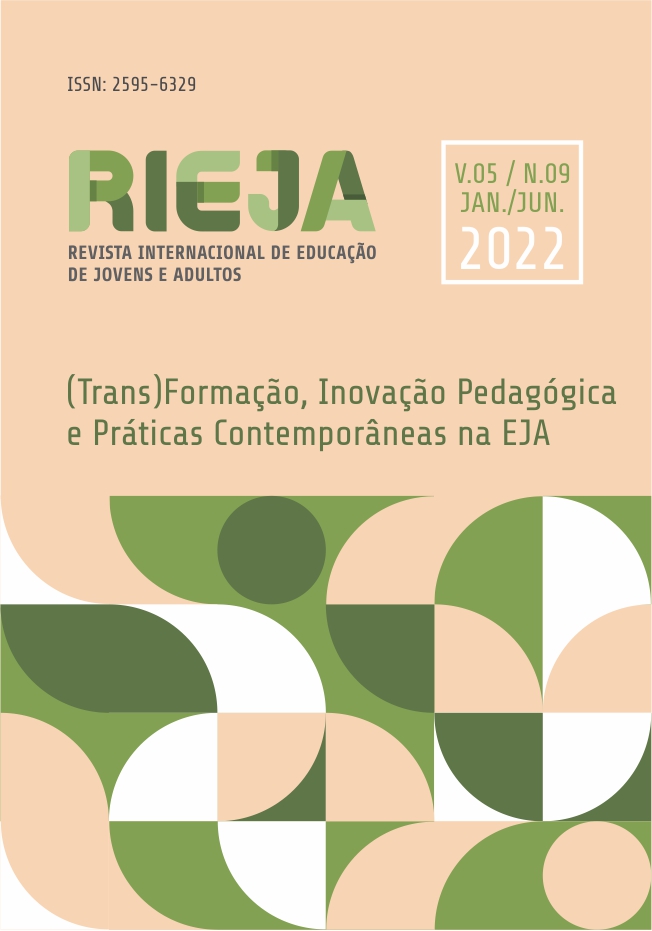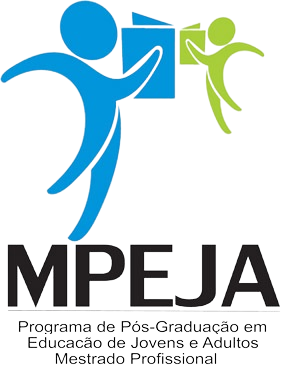Encíclica Laudato si
intersecção entre o paradigma ecológico e a reciprocidade da dádiva como forma de compromisso social.
Keywords:
Don, Reciprocidad EcologíaAbstract
The objective of this paper is not to carry out an exegesis of the papal Encyclical, but rather to explore the practical and heuristic potentialities of the concept of gift applied to the use of the land, the care of the ecology and as a social relationship between human beings. This is precisely the articulation that is developed in the encyclical and, as the practice of the gift has a very long presence in history; the potentiality of this relationship takes on a life of its own. The position regarding the problems of hunger, unemployment and the discarding of millions of human beings can be taken uncritically from the current globalized capitalist system and think that these problems will be overcome with a series of technological leaps and social engineering derived from that same system. In this case, what is thought and programmed will be carried out within the perspective of a particular point, surely privileged, of that system, but the solutions that come out of it will contain its own logic, perpetuating the mechanism that generates hunger, unemployment and conscious discarding and naturalized human beings. The method used is hermeneutic in the Hans Georg-Gadamer variant and consists of analyzing the papal Encyclical taking into account the social thought of the church, modern ecological thought and the ecological perspective of societies that use reciprocity as the nuclear gear of the economic, cultural and political dimension of the same.
Downloads
References
Bellido, José. (2008). De la glosa a la publicidad Notas para una lectura de Pierre Legendre. ISEGORÍA. Revista de Filosofía Moral y Política N.º 39. 289-310 ISSN: 1130-2097
Benjamin, Walter. (2009). Tesis sobre la historia y otros fragmentos. Rosario. Prohistoria. Ediciones.
Bintliff, John. L. (2006). City -country relationships in the "normal" polis. Rosen & Sluiter (eds):13-32.
Caballero, Juan Luis. (2004/1). La promesa a Abrahán según Ga 3, 1-29. Scripta Theológica. Revista Electrónica. Nº 36 .p. 259-272. ISSN 0036-9764.
Calvet, Jean. (1987). Historia de la Escritura. De Mesopotamia hasta nuestros días. Bs.As.Paidós.
Feyerabend, Paul. (1987). Adiós a la Razón. Madrid .Tecnos.
______________. (1986). Tratado contra el Método. Madrid. Tecnos.
______________. (2013). Filosofía de la Naturaleza. Bs.As. Debate.
Gallego, Julián. (2009). El campesinado en la Grecia Antigua. Una historia de la igualdad. Bs.As. Eudeba.
Georgescu-Roegen, Nicholas. Energía y Mitos Económicos. The Southern Economic Journal, volumen 41, número 3. Enero de 1975, Chapel Hill, Xortli Carolina. [Versión al castellano de Eduardo L. Suárez y Jorge Carrera B.l]. Resumen de la conferencia impartida en la Universidad de Yale en noviembre de 1972.
Georgescu-Roegen, Nicholas. (2011) ¿Qué puede enseñar a los economistas la termodinámica y la biología? Madrid.. CIP-Ecosocial. Edición electrónica.
Harvey, David (2005). El “nuevo” imperialismo: acumulación por desposesión. En Socialist Register 2004. Bs.As. CLACSO 2005. http://biblioteca.clacso.edu.ar/clacso/se/20130702120830/harvey.pdf
Heiddeger, Martín. (1975). La pregunta por la cosa. Bs.As .Alfa.
Koyré, Alexandre. (1998). Estudios Galileanos. España. Siglo XXI.
Laso, Eduardo. Pensamiento mítico y pensamiento racional. En La producción de los conocimientos científicos. Esther Díaz. Compiladora. Biblos. Bs.As. 1994.
Lévi-Strauss, Claude. (1985). Las estructuras elementales del parentesco. Tomo I. Barcelona. Planeta Agostini.
Legendre, Pierre. (1994). Lecciones VIII. El crimen del cabo Lortie. Tratado sobre el Padre. México. Siglo XXI.
__________________. (2008). La fábrica del hombre occidental. Bs. As. Amorrortu.
__________________.(2008). «El hombre homicida». Bs. As. Amorrortu.
Lukács, Georg. (1969). Historia y Conciencia de Clase. México. Grijalbo.
Mauss, Marcel. (1979). Sociología y Antropología. Segunda parte. Ensayo sobre los dones. Motivo y forma del cambio en las sociedades primitivas. Madrid. Tecnos.
Marx, Karl. (2002). El Capital. Tomo I. Volumen I. Libro primero. Bs.As. Argentina: Siglo XXI
Papa Francisco, S.P. (2015). Carta Encíclica LAUDATO SI del Santo Padre Francisco sobre el cuidado de la casa común. Documento recuperado de https://www.oas.org/es/sg/casacomun/docs/papa-francesco-enciclica-laudato-si-sp.pdf.
Polanyi, Karl. (1976). El sistema económico como proceso institucionalizado. Clásicos y Contemporáneos en Antropología. CIESAS-UAM-UIA. Antropología y economía M. Godelier (comp.). p. 155-178. http://www.ciesas.edu.mx/publicaciones/clasicos/articulos/Polanyi.pdf.
Polanyi, Karl. (1947). La Gran Transformación. Bs.As. Editorial Claridad.
Reboreda, Susana. (1997). Los AGALMATA en los poemas homéricos. 'Chaire' homenaje al profesor Fernando Gascó. Pp. 107-114. España. Documento recuperado de https://www.academia.edu/3247231/Los_agalmata_en_los_poemas_hom%C3%A9ricos?auto=download
Sartori, Giovanni y Mazzoleni, Gianni. (2003). La tierra explota. Superpoblación y desarrollo. Bs.As. Taurus.
.Vernant, Jean Pierre. Los orígenes del pensamiento griego. Paidós. Bs.As.2008.
Downloads
Published
How to Cite
Issue
Section
License
http://creativecommons.org/licenses/by-nc/4.0
Autores mantém os direitos autorais e concedem à revista o direito de primeira publicação, com o trabalho simultaneamente licenciado sob a Licença Creative Commons Attribution que permite o compartilhamento do trabalho.
Copiar e redistribuir o material em qualquer suporte ou formato.
Adaptar — remixar, transformar, e criar a partir do material
Encaminhamento dos textos para a revista implica a autorização para a publicação.
A aceitação para a publicação implica na cessão de direitos de primeira publicação para a revista.
Os direitos autorais permanecem com os autores.
Os autores dos textos assumem que são autores de todo o conteúdo fornecido na submissão e que possuem autorização para uso de conteúdo protegido por direitos autorais reproduzido em sua submissão.







